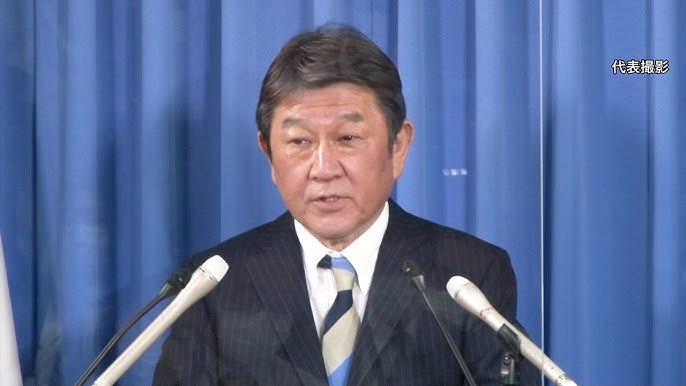A seminal clique in Japan's ruling party is making moves to 'topple' Shigeru Ishiba, a longstanding political heavyweight. This effort is met with concern and apprehension due to Ishiba's influential position within political structures. As a former Defense Minister and Chief Cabinet Secretary, Ishiba has been dubbed as a possible candidate for party leadership - a decisive position that could shape the future of the country's politics. The supporters and critics of Ishiba remain on high alert, anticipating the outcomes of this political power play.
In Japan, factions within political parties are a common occurrence and play a significant role in decision-making processes. The "Ishiba Topple" could potentially cause a significant shift in the political landscape, affecting governing policy and party leadership. Japanese citizens are typically attentive to such happenings, as changes can directly impact their socio-economic conditions.
Akin to U.S. or EU politics, leadership challenges and inter-party contests demonstrate the dynamic and competitive nature of democratic politics. However, Japan's faction-based politics that encourage internal coalition building are distinct, compared to the bipartisan systems prevalent in the U.S. and multiparty democracies in the EU.

